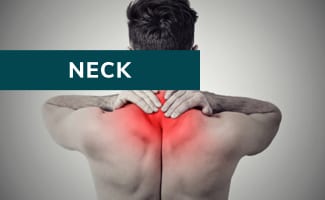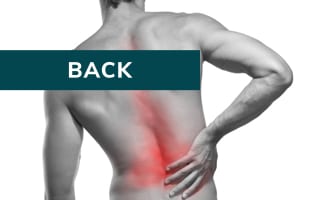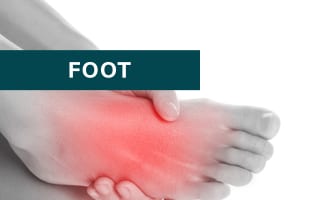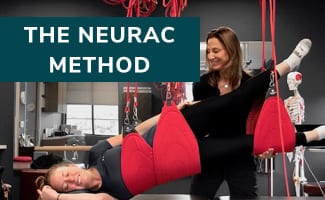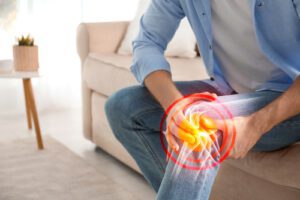Do you find yourself browsing online in search of the appropriate joint supplements to keep you on the go and out of pain?
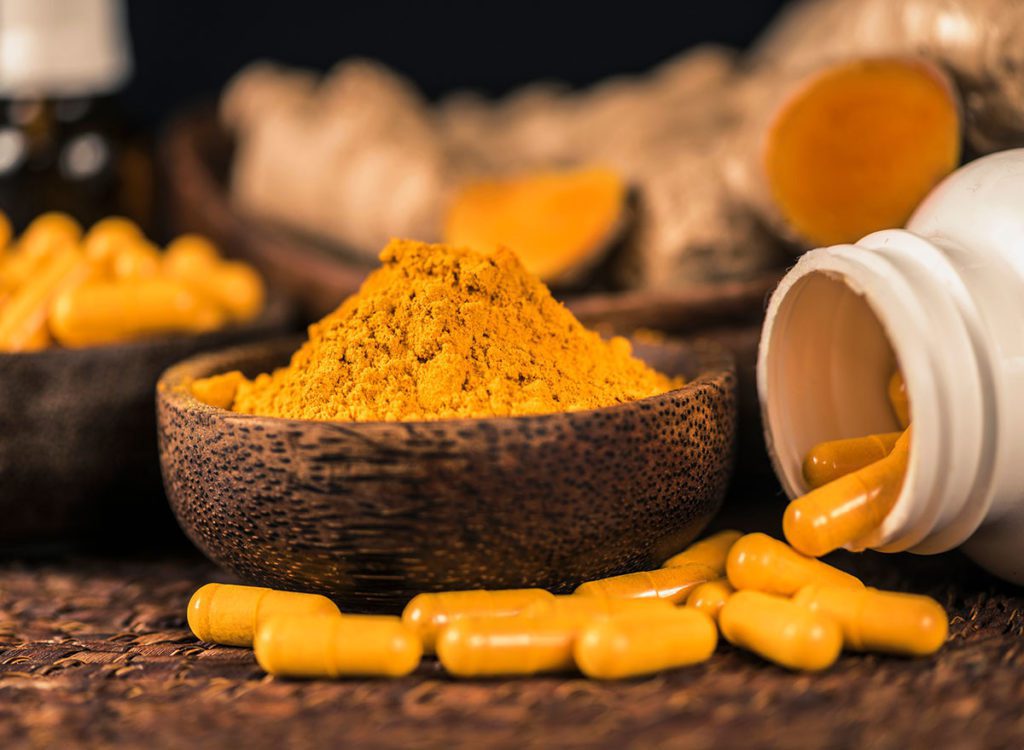
The vitamin and supplement industry is one that, unfortunately, is not closely regulated. Many companies make claims about their magic vitamin/supplement/pill/adaptogen that are not backed by science. This presents a challenge to consumers because we have to somehow determine which information is true and valid and which is not. And every day it seems there is a new formula that is meant to cure all.
Generally, be cautious when a pill is said to affect more than one area of concern. If the marketing states that a particular pill can help you sleep better, lose weight, increase your libido, and decrease your pain then it probably is too good to be true. Vitamins and supplements typically affect one area the most and might have small effects on other areas.
At CHARM, our physical therapists are focused on managing musculoskeletal injuries and underlying movement dysfunctions that may be increasing your likelihood of injury. Once you have recovered from your injury, and even while you are recovering, it may behoove you to begin supplementation for overall joint health to prevent future injuries.
6 vitamins or joint supplements that have been shown to help support healthy joints, muscles, tendons, ligaments, and other connective tissues.
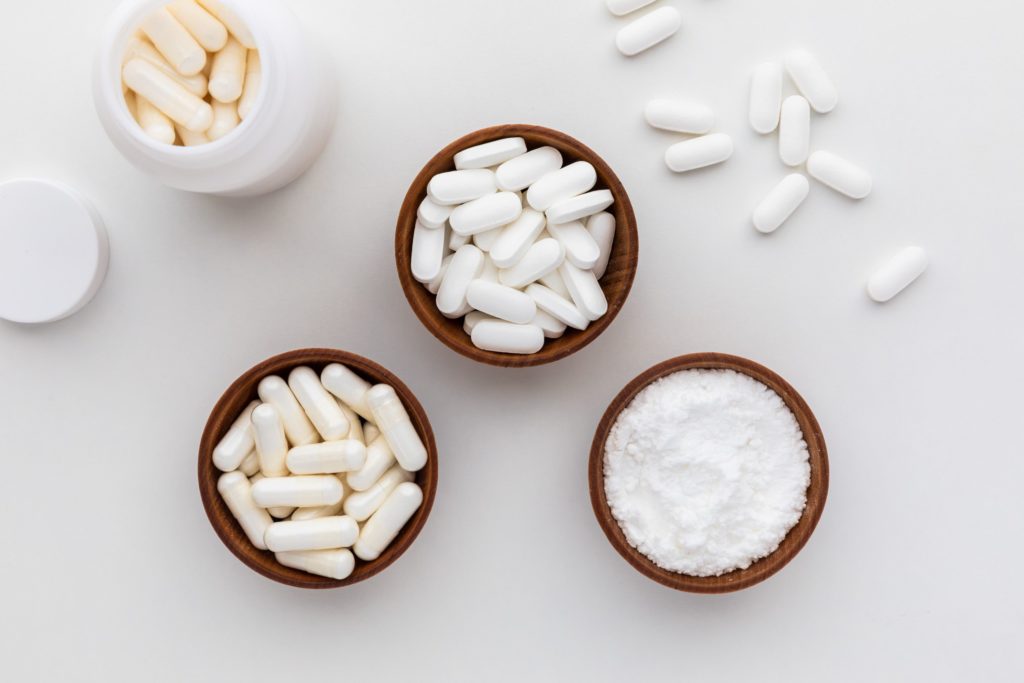
- Glucosamine
One of the most commonly recognized joint supplements, glucosamine is a component of healthy cartilage that helps protect and surround joints. As we age, cartilage tends to wear out thus making our joints and cartilage more susceptible to injury. Cartilage is a structure that does not have good blood flow which makes it difficult to heal completely. When there is an injury to a cartilaginous structure, the body typically rebuilds it with a weaker type of scar tissue.
In the case of osteoarthritis, there is inflammation between joint surfaces and loss of healthy cartilage.
Supplementing with glucosamine can help support healthy cartilage and slow down cartilage loss. Recent studies have shown that supplementation with glucosamine can help slow down the progression of arthritis in the knee. Long term, it can also minimize the need for NSAIDs and other pain medications.
- Chondroitin
Like glucosamine, chondroitin is also a building block of normal, healthy cartilage. In many cases, healthy joint supplements will include both glucosamine and chondroitin as they work well together and amplify each other’s effectiveness. Chondroitin specifically helps cartilage retain water which makes it more effective at absorbing shock and protecting joints from damage.
One study found that chondroitin was more effective than a placebo in terms of joint pain and joint function. Essentially, the people in the study who received chondroitin had less joint pain and were able to be more physically active, compared to those who received the placebo.
The fact that studies have consistently found that glucosamine and chondroitin are effective at managing joint pain is important. There are substantially less side effects associated with taking these joint supplements, compared to managing pain with NSAIDs or opioids.
- Methylsulfonylmethane (MSM)
Unlike glucosamine and chondroitin, MSM has effects on multiple kinds of connective tissues in the body, not just cartilage. It has been shown to help the body make new connective tissue after injury. It can also help decrease inflammation thereby potentially decreasing joint pain. You will often find it combined in joint supplements with glucosamine and chondroitin.
- Turmeric
You’ve probably heard of the magic of turmeric and its anti-inflammatory properties. The compound curcumin, which is found in turmeric, is responsible for this effect. Research has shown that due to this powerful taming of inflammation, people with joint pain can experience less pain with consistent consumption of turmeric. Turmeric may even be as effective at minimizing pain as over the counter pain medications.
Turmeric is sold in capsules you can take with water or you can simply cook with the spice. It works well in curries and with all kinds of vegetables. Just ensure that the turmeric you purchase also has black pepper in it as this makes the curcumin more effective.
- Boswellia or Frankincense

Boswellia is another natural supplement that, like turmeric, may be helpful in maintaining healthy joints. It also has an anti-inflammatory effect which can help minimize pain. One study showed that consistent supplementation with turmeric and boswellia was more effective at reducing joint pain compared to supplementation with turmeric only. Some smaller studies have shown that it may also slow cartilage loss.
- Tamarind seed
Lastly, tamarind seed contains several antioxidants which may have anti-inflammatory effects. Research has shown that it can work to protect joint cartilage by minimizing oxidative stress. Some studies have investigated the effectiveness of tamarind seed in combination with other natural supplements such as turmeric. The research is only emerging in this area.
Taking joint supplements to support healthy joints is just one way to address this concern. Here are some other proven ways to keep your joints healthy and pain-free long-term:
- Maintain a healthy height to weight ratio
- Regularly perform bodyweight exercises
- Consistently perform a stretching or yoga routine to maintain joint mobility
And when in doubt, as always, consult with a physician. https://charmaustin.com/relieve-pain-and-repair-injury/
Sources:




